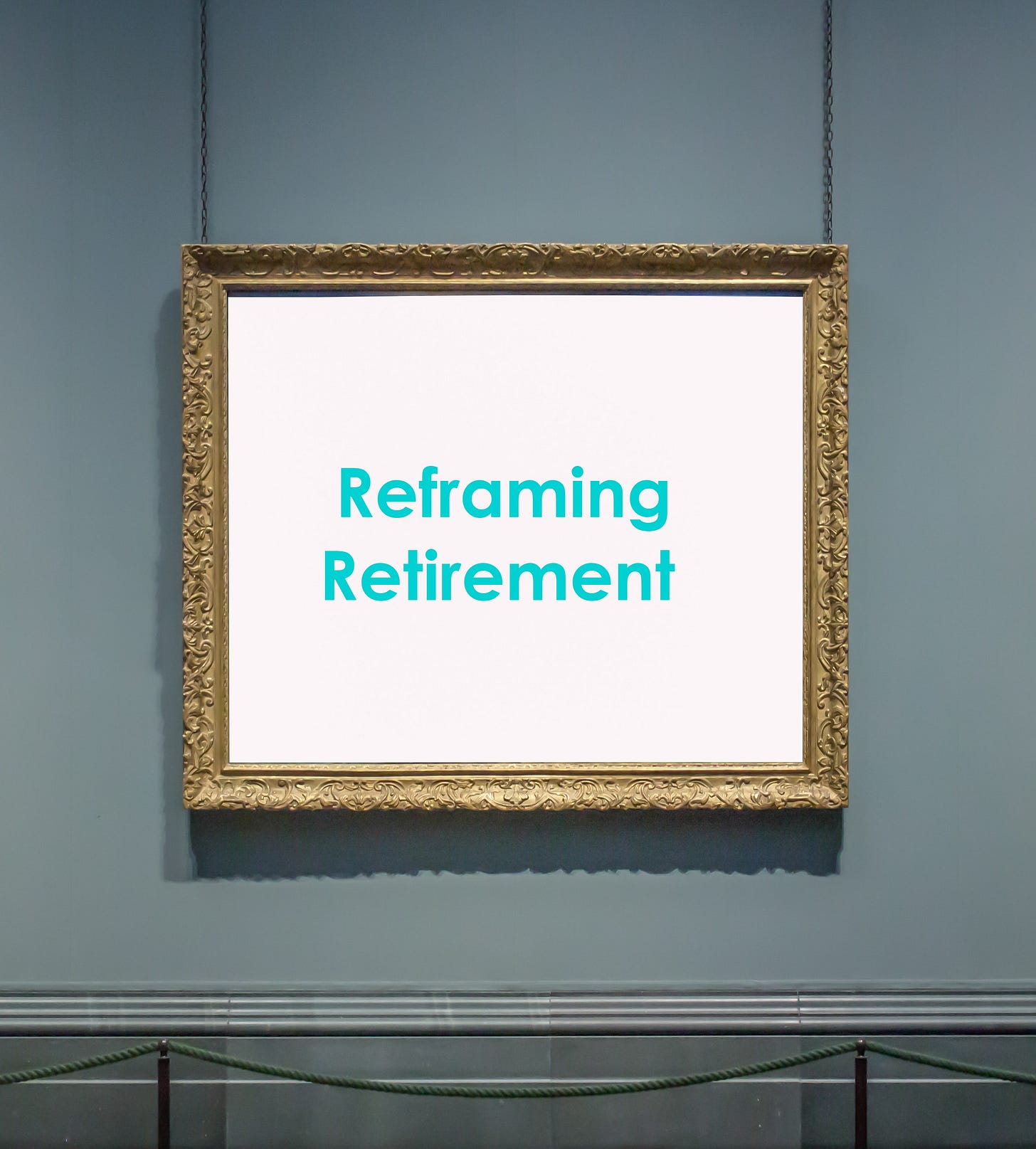As followers of Fusings may recall, we have been listening to Canadians on our journey to contribute constructive, creative research to the pension industry conversation. Last summer, we conducted an ethnographic research study with 16 diverse Canadians to explore the meaning of retirement – seeking to understand what would have to be true for a pension to be a product you would buy? Or, how might the value proposition of a pension product better fit Canadians’ market needs?
Why an ethnographic study? I’m so glad you asked! We intentionally deployed a method that put the customer in control of the conversation, using person-centered interviews to let our study participants define the specific categories, language, and themes of our topic. Ethnographic studies also use deep engagement with smaller sample sizes to generate narrative data and insights, a novel approach in the pension industry which commonly leverages narrow engagement with a large sample size through quantitative research. We wanted to do something different, and what we found was fascinating!
The learnings from our research are now available in a full report, Reframing Retirement, and as an interactive website you can explore. Here, I’ll break down the highlights:
Retirement has a shared meaning – the commonalities in the definition of retirement were striking, considering the diversity of our study participants. It is not individualistic, a time of freedom and simplicity, values travel and self-determination, is aspirational toward nature and the environment, and unconnected to financial assets.
But, while retirement has a shared meaning, this commonly understood version is not universally relevant or achievable. In fact, our study participants split almost evenly between those who felt it was attainable and those who felt it was unattainable. The attainable segment saw retirement as a choice they could plan for; they benefited from a network effect of discussions about and positive models of retirement. The unattainable segment saw retirement as something that would happen to them, and felt it was an impolite topic; they had limited or negative models of retirement. And neither access to financial information nor participation in a workplace pension plan were determining factors.
So, what else matters to Canadians when they think about retirement? Our narrative data coded into six major retirement-related themes with implications for the pension value proposition: financial experiences and beliefs, family and community, travel and self-determination, nature and the environment, health and wellness, and housing. Complexity in these retirement-related themes had a big influence on our segments. Participants with positive, engaging, and secure experiences in these areas tended to view retirement as attainable, while those who viewed retirement as unattainable reported more negative, isolating, and unstable experiences.
We also sought to understand what might be holding Canadians back, exploring some of the common behavioural constraints that challenge retirement planning. Namely, retirement as: invisible, boring and depressing, complicated and confusing, and less important than current needs. Behavioural design has shown us that there are strategies to overcoming these constraints; we highlight their relevance to our segments and examples of innovations in action, in and beyond the pension industry, in our report.
This research brings to life the layers of meaning in the concept of retirement for Canadians, demonstrating there is more to retirement security than today’s pension industry is tackling. We would love to see pensions – as mission-driven, fiduciary organizations – doing more, and we outline three potential paths to evolving the value proposition. Pensions can:
Modernize, with a focus on initiatives that improve enabling technology, support action amid complexity, strengthen core and emerging capabilities, and shift the cultural foundations of an organization;
Advocate, through unprecedented stakeholder engagement, innovative research, impactful investing and industry cooperation; and,
Act, expanding their impact in retirement-related themes through new products, services and platforms.
These are big ideas, and they intentionally challenge the status quo. Rather than dictating solutions, however, our goal is to catalyze a broader consideration of how the pension value proposition might evolve, reframing retirement from the perspective of Canadians’ expectations and needs. The Canadian pension industry has a strong tradition of innovation for positive impact – and bold aspirations are critical to activating this legacy to deliver the next generation of change.
We hope this research can deepen our collective understanding of what retirement means to Canadians – and contribute to a more open, creative industry conversation. We would love to hear what you think about our findings and your ideas for the pension of the future – we’re always listening at hi@fusestrategy.co.


